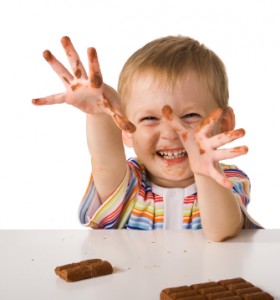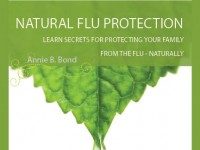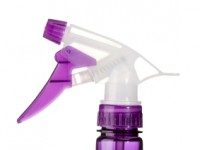
 Common sense and simple know-how are the main tools for removing stains, but given how advertising has generally brain washed us, it is hard to access this wisdom.
Common sense and simple know-how are the main tools for removing stains, but given how advertising has generally brain washed us, it is hard to access this wisdom.
A few guiding principles for stain removal include attending to stains as soon as possible; thinking twice before putting stained clothing in the laundry since the heat of the water and dryer can set a stain; scrape, blog, vacuum, or otherwise remove as much of the stain as you can before treatments; never rub a stain; and identify the stain.
Key Terms
3 percent hydrogen peroxide – Antibacterial, whitening
citrus solvents – All-purpose stain removal
cornmeal – Absorb oily and thick, messy stains
digestive enzymes– Pepsin digests protein-based stains such as milk, and amylase digests carbohydrate stains
freezer– For freezing and removing gum, gloppy stains, candle wax, etc. (then scrape off)
glycerin -Softens old, hardened stains; for labels
hair dryer – Melts wax (then blot)
laundry detergents – Liquid detergent is a good all-around stain remover (rub into stain); powdered detergents are better at oil-based stains
natural acids, such as lemon juice and vinegar – Neutralizes alkaline stains and odors
oil – Like removes like, sometimes, so try on labels
oxy-boost type product – Whiteners
rags – Great for blotting up liquid stains
salt – Antibacterial, kills sweat bacteria, non-abrasive cleaner, absorbs liquid
soap -Cuts grease
sodium percarbonate; sodium perborate – Whitener
spray bottles – Easy-to-use method of dispersing cleaning products
toothbrush – Scrubbing hard-to reach areas
washing soda – Heavy-duty soot and stain remover
water – A natural solvent; note that warm or cool water is the safest for stain removal because hot water and heat can set stains.
Am I suggesting you don’t buy commercial stain removers? Yes, given the chemicals in such products are often toxic for health and/or the environment, and that the products on the market don’t work any more effectively than the arsenal above. Many synthetic stain removing products are flammable and contain neurotoxic petroleum solvents. Further, synthetic stain removers can harm natural fibers, such as silk and wool.
By Annie B. Bond, best-selling and award-winning author of five green living books, thousands of blogs, and all the tips in the Greenify Everything app. Called “The Godmother of Green” by Martha Stewart Sirius Radio.




[…] This post was mentioned on Twitter by Free Household Tips, Customer Service. Customer Service said: Stain Toolkit – Detox Diva DIY | Green Chi Cafe http://bit.ly/bsWmhm […]
Well, that is a list of products which every housewife should have in her house. Most of these products are quite cheap and affordable and are doing the same good job as expensive detergents.
It is good that more and more people choose to clean with natural products. It is safer for them and for the environment they live in.
Store detergents are quite toxic and dangerous, so we should avoid using them.
Comments are closed.